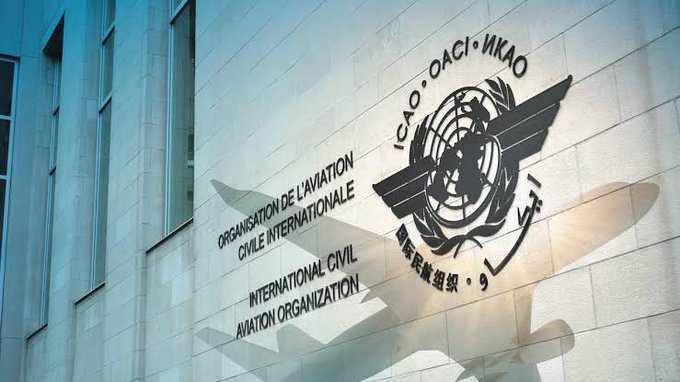ICAO: Safe Flights Continued in 2024, Safer Future Targeted with New Measures

The International Civil Aviation Organization (ICAO) has published its 2024 aviation safety report. The report emphasized that although some negative developments were observed in aviation last year, aviation continues to be the safest mode of transportation in the world.
In 2024, a total of 95 incidents were recorded in scheduled flights. Only 10 of these turned into fatal accidents, which prompted authorities to accelerate efforts to improve safety. ICAO considers these figures as an important warning in pursuit of the “zero fatalities” goal.
Strong Message from ICAO
ICAO Council President Salvatore Sciacchitano said, “Aviation continues to maintain its reliability. But we are aiming for even better. With international cooperation and new technologies, zero fatalities are possible.”
Developed Measures and Technologies
The report highlights key safety issues:
Real-time monitoring systems for turbulence-related injuries
New training and simulation programs to prevent loss of flight control
Digital solutions to improve runway and airspace safety
In addition, despite the increase in interference with satellite navigation systems (GNSS), it was announced that advanced protection technologies will be implemented against this threat.
What Does This Mean for Passengers?
According to experts, these findings do not require passengers to worry. Airlines and airports have already begun to rapidly implement preventive measures against the risks highlighted in the report. ICAO states that the sector has entered its strongest period of cooperation to date and that, thanks to technological advancements, flights will become even safer.
Vision for the Future
ICAO’s core goal remains unchanged: zero fatalities in commercial aviation. In line with this, new investments, training, and technological solutions aim to provide passengers with a safer flight experience.



